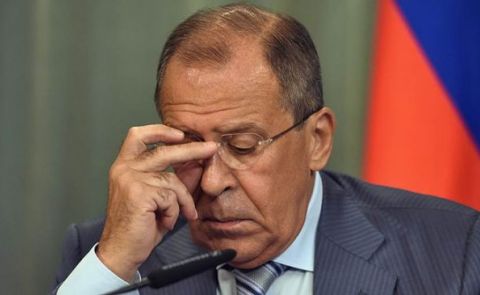
8th Ordinary Session of the Euronest Parliamentary Assembly held in Tbilisi
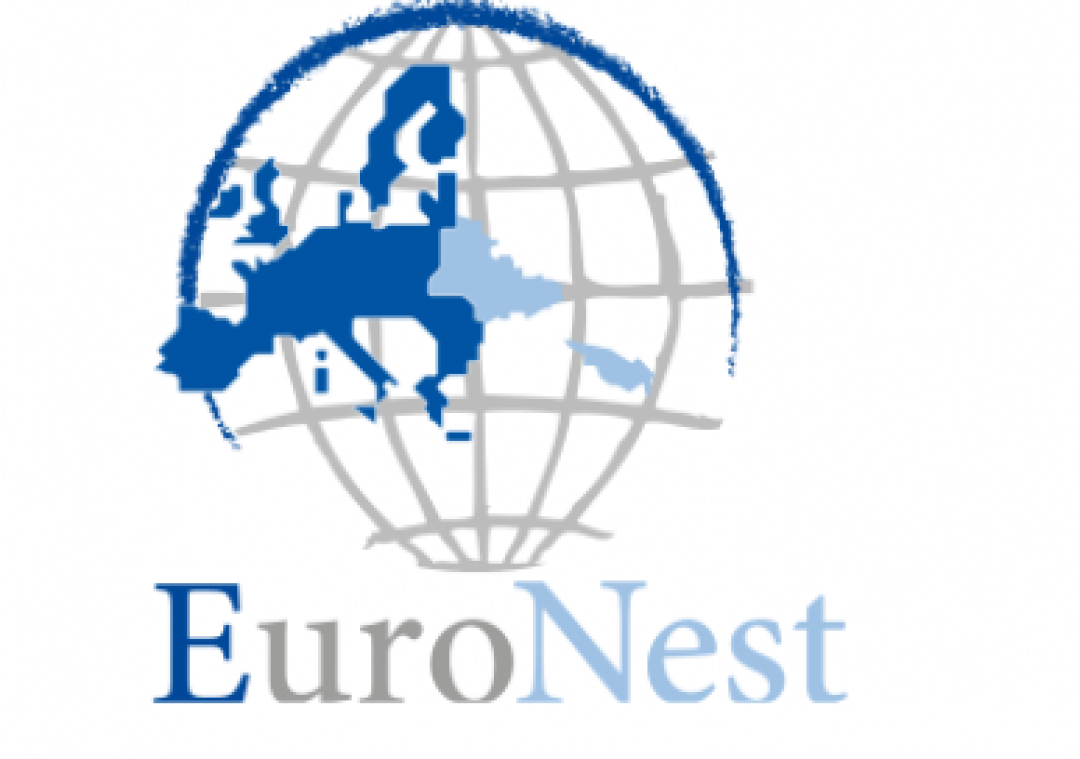
From 8 to 10 December, the 8th ordinary session of the Euronest parliamentary assembly (PA) was held in Tbilisi. Topical issues such as energy security, future visions of the Eastern Partnership (EaP) and geopolitical challenges, as well as cooperation between the EU and the EaP countries were discussed during the session.
At the formal opening ceremony, the Georgian Parliament Speaker Archil Talakvadze spoke of Georgia’s “firm dedication to the values and principles that Europe holds dear.” He said, the current constitution “solidified the strong popular support of European and Euro-Atlantic integration and now clearly states that integration into the European Union and NATO is Georgia’s top foreign policy priorities.”
Talakvadze mentioned ongoing electoral dispute (Caucasus Watch reported) as well, saying that a year ago “the parliament of Georgia made a landmark decision to shift to the fully proportional election model from the existing one in 2024.” However, “regrettably,” he said, “the Parliament of Georgia recently fell short to change the date for proportional elections making it earlier in 2020.”
He then also referred to the “continued Russian occupation” of Georgian lands and “its destructive and aggressive activities,” and mentioned the recent detention and sentencing of a well-known Georgian doctor Vazha Gaprindashvili (Caucasus Watch reported).
Georgian President Salome Zurabishvili also urged the participants to help Georgia ensure the release of Dr. Vazha Gaprindashvili from a month of illegal detention in Georgia’s Russian-occupied Tskhinvali region.
In response to the appeals from the Georgian officials, the Euronest PA adopted a special statement, demanding the immediate release of the Georgian doctor.
EU Parliament officials were more focused on the recent political developments in Georgia when delivering their speeches. Andrius Kubilius, Co-President of the Euronest Parliamentary Assembly, told reporters that in light of recent developments, they could see a certain phenomenon in the EaP countries that they could call an attempt to form a mono-majority, super-majority. Such a majority could be used for undemocratic purposes. According to him, the proportional system would greatly balance the election results, which is very important.
He added that the committees' reports would be discussed during the Euronest session, one of which would be devoted to democratic governance, which "is very important in light of the political crisis in Georgia.”
Vice-President of the European Parliament Klára Dobrev also addressed the audience on behalf of the new President of the European Parliament, David Maria Sassoli. According to Dobrev, the assembly meeting “takes place at a time, which is anything but… easy… for Georgia.” Speaking on how polarized politics is getting, Dobrev said “life is complex,” and individuals have to make “complex decisions” in their lives, however, “what we have learned from history [is] that all problems, complex problems can be solved together, through dialogues, conversations, compromises.” “No political party represents a nation alone. No one. Political parties together do. And then itself this fact itself calls for discussions and compromises,” she said, adding that “the way the government treats its opposition, is the way how the opposition will treat its opposition when it comes to government.”
The Euronest Parliamentary Assembly is a parliamentary forum to promote political association and further economic integration between the European Union and the EU's Eastern European partners. The Euronest Parliamentary Assembly consists of a delegation from the European Parliament and delegations from the EU's Eastern European Partners, which meet once a year. The European Parliament has 60 delegates, and the Eastern Partners have 10 each. The PA consists of 4 committees, namely: the Committee on Political Affairs, Human Rights and Democracy; the Committee on Economic Integration, Legal Approximation and Convergence with EU Policies; the Committee on Energy Security; and the Committee on Social Affairs, Employment, Education, Culture and Civil Society.
See Also

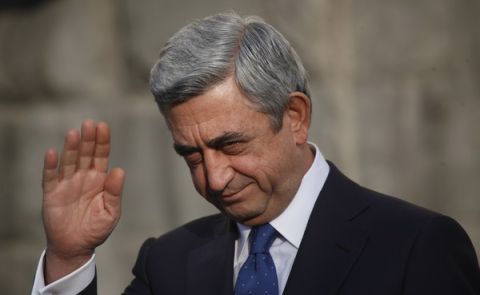
Serzh Sargsyan Rejects Charges, Backs Impeachment, and Warns of Secret Deals
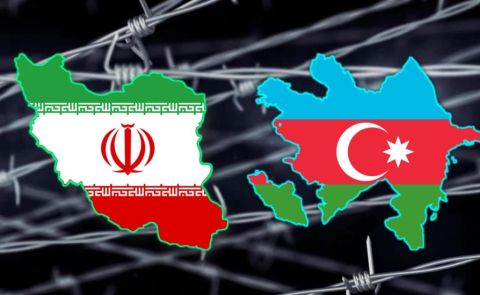
Azerbaijan Confirms Execution of Terrorist Behind Embassy Attack in Iran
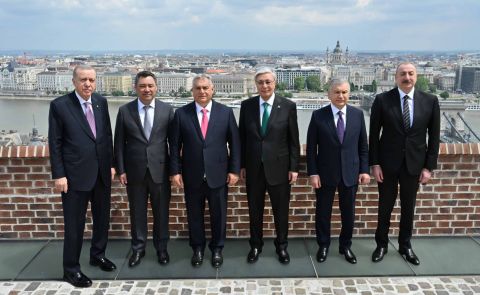
Turkic Leaders Adopt Budapest Declaration, Emphasizing Peace, Trade, and Digital Connectivity
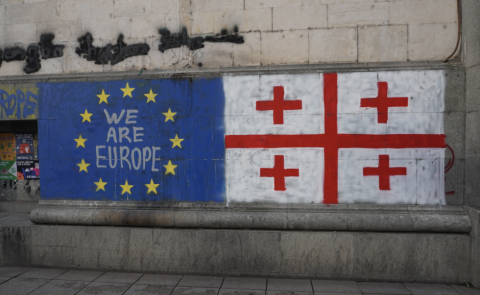
International Officials Criticize Georgian Dream Amid Democratic Concerns

